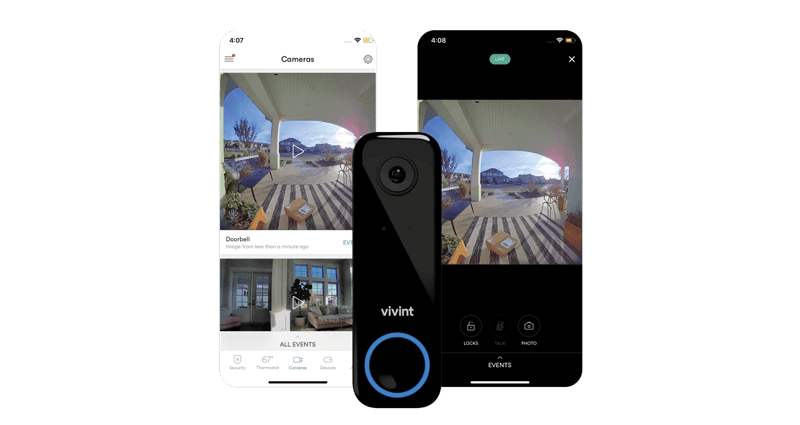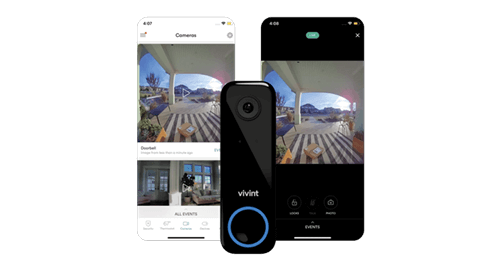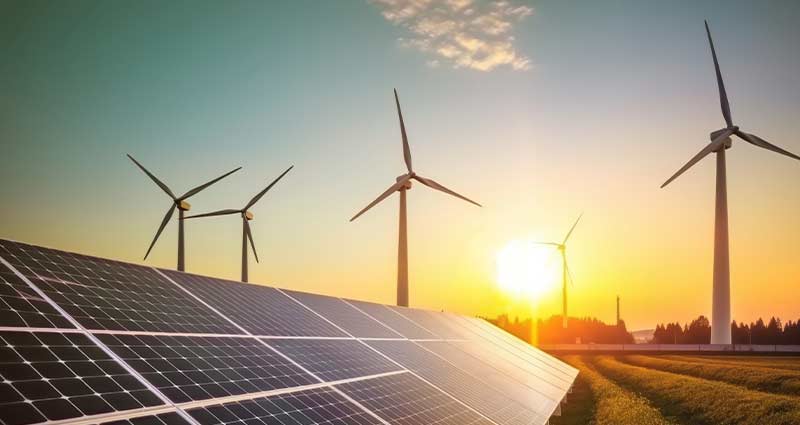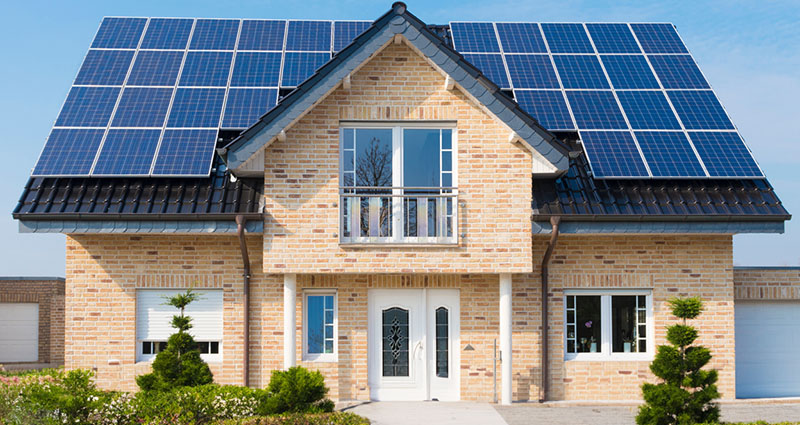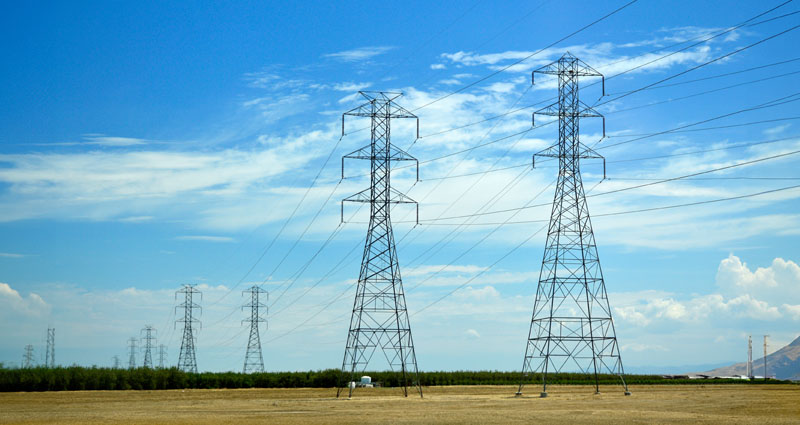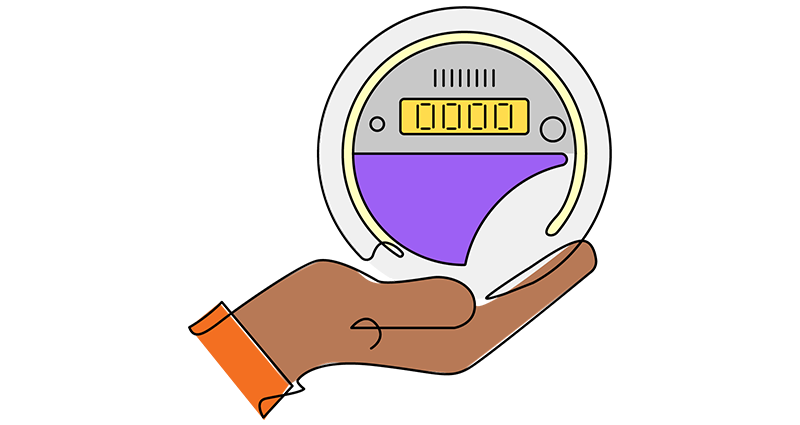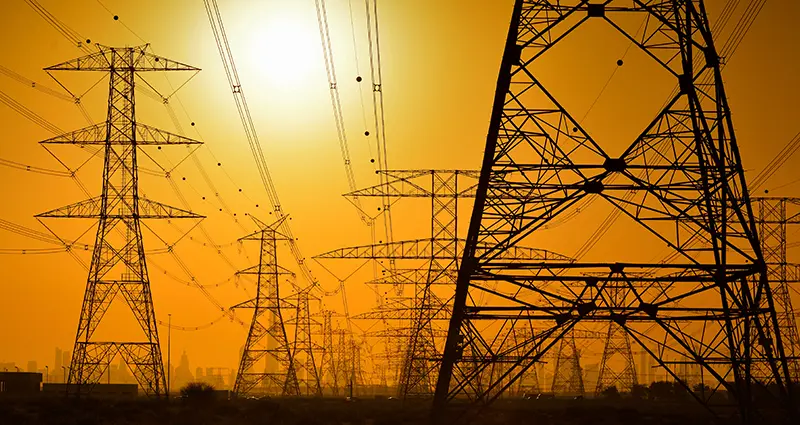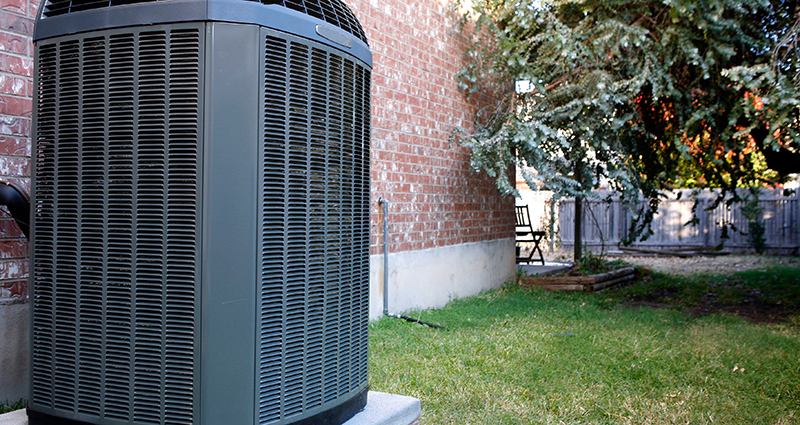Check your contract
You have the right to cancel with your local utility and transfer to a 3rd-party gas supplier at any time. However, if you're currently under contract with another gas supplier, it's important you review this contract before pursuing a new natural gas provider. Many contracts carry early cancellation fees, and these fees can vary depending on when you attempt to leave your contract. As a result, a new contract doesn't necessarily guarantee you any savings.
If you don't have a contract, you can shop for a new gas supplier freely. Once you find one you like, it's important to closely review the contract to understand any terms, conditions, and fees that may apply. Doing this can also highlight any savings available based on the contract's length, as signing a longer contract may lead to additional savings because you could avoid rate fluctuations.
How do you find the right natural gas supplier for you?
Start with a simple price comparison by visiting your state's Public Services Commission website, which provides a complete listing of your options. Depending on the state you live in, you may have to enter your city or ZIP code to narrow the available options. Once you have your list, you can compare natural gas prices and plans. Here are the key considerations when shopping for a natural gas supplier:
1. Unit price
Look for how much the competing suppliers charge per unit of natural gas – some use therms, while others use Ccf. Choosing the lowest unit price on the market can be one way to control your heating costs, but it also helps to look at past bills to see how much energy your home uses.
2. Plan type
On your chart, you'll see 2 kinds of rate plans. It's important to understand the differences, as they can mean either big savings or a bad case of sticker shock.
- Fixed-rate plan: This is where you enter into a contract with the company. In exchange for doing business with that company for a certain number of months, you get to lock in 1 consistent price for the term. The upside is that you are protected from spikes in natural gas prices. Contract length is the main consideration here.
- Variable-rate plan: The rate you see is the current price for this month. Next month, the rate will change depending on what happens in the market. The advantage is you won't be locked in a contract, so you can switch without paying a penalty. And yes, when prices fall, you save money. On the flip side, if you're coming off a month that saw a commodity price spike, it could be more painful.
3. Plan features
A natural gas contract often covers more than just the gas and its associated price. You may be attracted to plans offered by a natural gas supplier that include loyalty programs, rebates, or other perks.
For example, you might prefer your natural gas company that offers cash back rewards, or you might like a company that practices conservation and supports environmentally friendly initiatives.
Ultimately, it's up to you to choose the plan and the natural gas company that's right for the needs of your home, family, and energy usage habits in winter.
4. Company type
In states (e.g. Illinois, Indiana, Massachusetts, New Jersey, New York, Ohio, Pennsylvania) with natural gas deregulation, two kinds of companies sell natural gas to households.
- Default utility: This is your local utility, which owns and maintains the infrastructure and delivers the natural gas to all customers within their territory. You can choose to buy natural gas from these companies. While market conditions can influence the price, what you pay is typically regulated by the state commission.
- Competitive supplier: These companies purchase natural gas from the wholesale market and sell it to consumers. You can buy natural gas from this company, but your default utility will still take care of your billing and any outages you might experience.
How do I sign up for natural gas?
After you've considered the companies and the products they have to offer, you're ready to sign up.
First, you need to sign up with your local utility or your default provider since this is the company that owns the infrastructure that makes natural gas delivery possible. If more than 1 serves your state, check the Public Utility Commission's website to learn which serves your area.
Next, open an account with your local utility. You'll need to provide details like your address, birth date, social security number and driver's license number to verify your identity and service area.
Once this account is established, you can choose your supplier. In most cases, you can simply go to the website of the natural gas company you like most and select a plan. Along with identifying details, you'll also need to give your account number from your default utility company. This can be found on your most recent bill, or it can be provided by the local utility.
If you enter a service contract, remember to create a reminder for yourself a month before it expires. This is an excellent opportunity to do some research and decide whether you want to stay on or look for something new.

